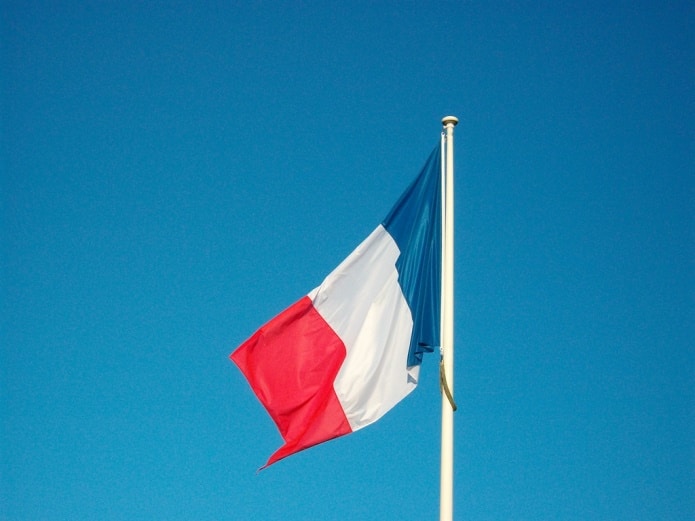Since the 1st July 2013, the European Union must manage 24 official languages. In this multilingual context, what place is given to the French language?
Since the 1st July 2013, the European Union manages 24 official languages, including German, English, Bulgarian, Danish, Spanish, Estonian, Finnish, French, Greek, Hungarian, Irish, Italian, Latvian, Lithuanian, Maltese, Dutch, Polish, Portuguese, Romanian, Slovak, Slovenian, Swedish, Czech and Croatian. In this multilingual context, what place is given to the French language?
English is becoming more and more important
English, French and German are the main working languages in the EU, even though over the years English has taken a prominent place to the point that it has become the EU’s “lingua franca”[1] in the particular format of internal jargon. French is now in a weak position after having been the language of courtrooms, salons, intellectuals, scientists and European diplomacy for centuries. In fact the richness of its vocabulary and its accuracy was a perfect language to serve diplomacy while the current concision and popularization of English can generate misinterpretations and mistranslations.
The long decline in the use of French
In 2012, the General delegation to the French language and the French languages of the Ministry of Culture and Communication submitted a report to the French Parliament on ”The use of the French language within European institutions” [2]. If we limit ourselves to the Commission’s case alone, the classification of “source language” of translated documents in 2011 by the European Commission’s Directorate-General for Translation highlights the virtual disappearance of French in favor of English and other languages. In 1996, around 40% of documents had French as the source language. In 2011, it was less than 6%. In all the institutions in Brussels and Luxembourg, the practice of French remains fairly frequent orally, even if participation in meetings of nationals from newly incorporated Member States often leads to a switch to English. When draft legislations are submitted by the Commission to the Council, they are sent in all official languages. However, the first versions of these texts established within the Commission are much more often written in English than in French.
The report by the Delegation also reviewed the situation of the French language and multilingualism in the other European institutions – in the Council, the Parliament, the Court of Justice, the European External Action Service, the press room, Internet sites, calls for tenders and buildings – and noted the same position of accelerated withdrawal. The document presents the actions implemented to promote French and multilingualism while noting their lack of effectiveness and proposes an in-depth overhaul of the action plan led by the OIF (International Organisation of La Francophonie).
Discover our translation agency and our French translation services.
Translation into English: Chloe Findlay
[1] The lingua franca, or lingua franca, is a composite vehicular language spoken from the Middle Ages to the 19th century throughout the Mediterranean region, mainly by sailors and merchants, but also by convicts, prisoners, slaves and displaced populations of all origins. Nowadays, by extension, the term lingua franca refers to a vehicular language used by a given population to communicate. Example: English (or simplified English), in a large part of the world, especially within international institutions or the global scientific community. Source: wikipedia
[2] http://www.langue-francaise.org/rapport_DGLF_2012.pdf



